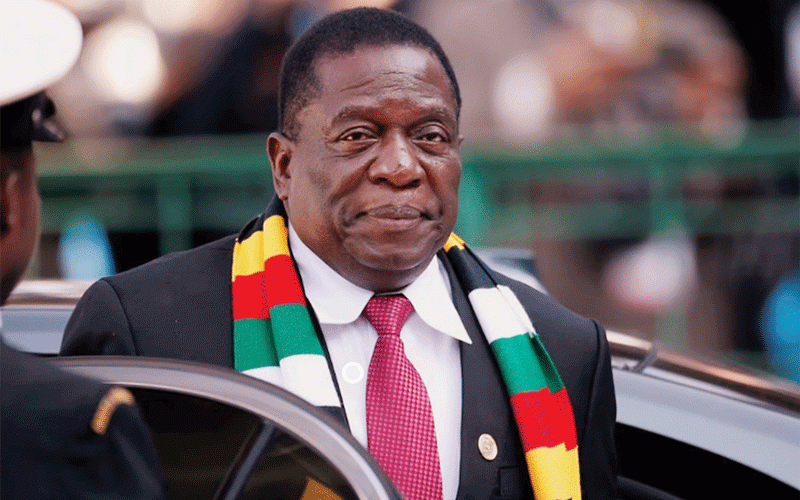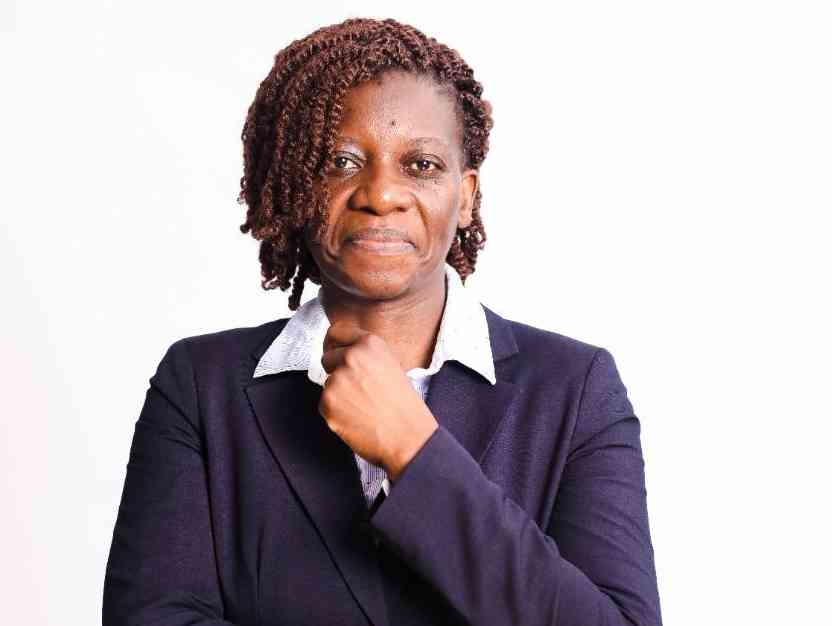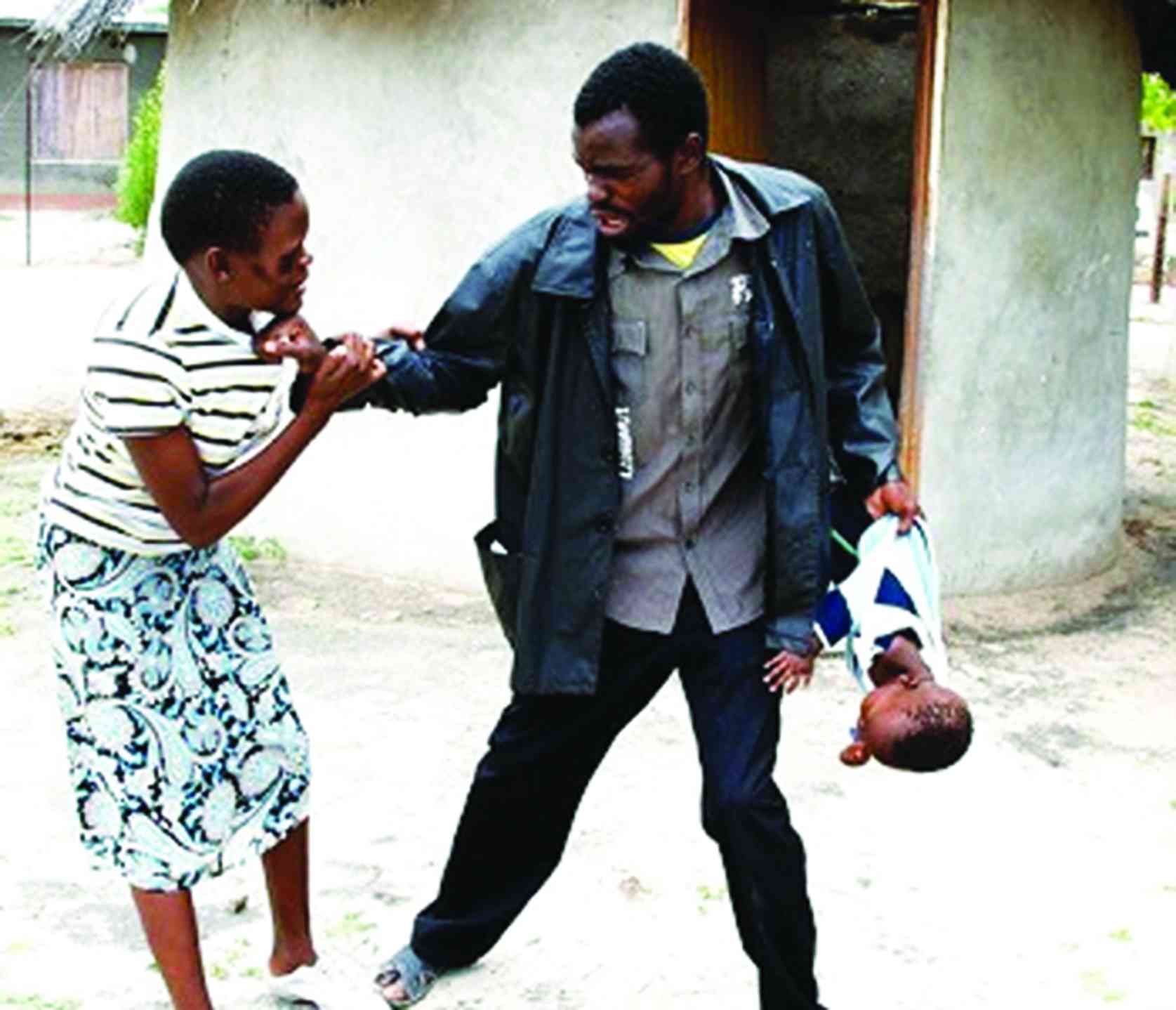
AS much as my articles on social justice in Zimbabwe are always welcome by many, here and there some demand fairness and balance in my analysis.
They say I am too biased against the country’s ruling establishment, while paying very little attention to the opposition’s misgovernance of urban areas.
Indeed, I do acknowledge that the vast majority of my work is targeted towards the unbelievable poverty and suffering authored by the Zanu PF regime.
Yet, for those who want to be sincere, I have also touched on the disgraceful mess caused by opposition-led councils in our towns and cities.
This is more so in my own small town of Redcliff — where we have gone for over a year without potable water in our homes, potholed roads remaining generally unrepaired, streets lights a thing of the past, and refuse rarely ever being collected.
All this, however, taking place in the midst of endless reports of corrupt and underhand dealings — which have prejudiced our town of land and assets worth millions of dollars — without much translating into improved service provision for residents.
I have highlighted these issues — yet, there are still those who want more.
Well, as much as I would want to write more, I cannot create issues that are not there.
- Mavhunga puts DeMbare into Chibuku quarterfinals
- Bulls to charge into Zimbabwe gold stocks
- Ndiraya concerned as goals dry up
- Letters: How solar power is transforming African farms
Keep Reading
Even State-controlled media and Zanu PF mouthpieces — in the form of The Herald, Sunday Mail and ZBC — struggle to come up with anything more than what I touch on.
I wish to make it very clear to those expressing their reservations over my supposed bias that, as a social justice advocate, I only deal with what is available on the ground and nothing more.
Therefore, to be brutally honest, nearly everyone in Zimbabwe — including urban dwellers — are more aggrieved by the poverty and suffering created by Zanu PF, than the chaos in our towns and cities, which I am afraid to say is actually largely a result of the ruling party’s meddling in the affairs of councils.
That is an undeniable fact.
In addition, considering the cruelty and wickedness the Emmerson Dambudzo Mnangagwa administration has meted upon millions of innocent Zimbabweans — surely, what balance is one expected to give in the face of this overwhelming evil?
In what way can even the best make-up artist make a bullfrog look handsome?
As far as I am concerned, what I am doing is the best objectivity I can provide — in which I treat each case on the basis of its weight and gravity.
As the situation stands in the country today, both the opposition and ruling party have caused untold suffering on ordinary Zimbabweans.
However, no one can deny that the greatest pain has been at the hands of the ruling establishment — which far outweighs that of the opposition which is restricted only to urban areas.
There can be no way I can treat as equals those who have caused unimaginable poverty and mayhem on a grand scale, and those whose mismanagement is minute.
There has to be a difference in approach.
To me, what constitutes fairness is the ability to determine the gravity of issues and then treat each according to their weight, meaning that issues with weight get more attention. That is the balance I know.
Being a trained journalist and media practitioner I am quite familiar with issues of balance and fairness in reporting and I am being very fair and balanced to the ruling establishment.
Maybe a little example may help drive my point. Let us say there are two road traffic accidents — one in Murewa, in which 120 passengers perish in a horrific head-on collision between two speeding busses — and another in Kwekwe, where two people are killed when a car veers off the road.
If a media house wants to be fair and balanced, how will it treat these two accidents?
Will it mean giving them both equal space and coverage during their news bulletins, or one of the two takes up more space?
As much as both accidents would have been truly tragic — because every human life is important — the Kwekwe car crash may actually end up being be totally ignored (at worst), or given very minimal mention (at best).
Therefore, the same logic applies to our politics in Zimbabwe — especially, as far as the failings of the major political players are concerned.
One side has caused more devastation to the country, and unbearable suffering upon the people, than the other.
The ruling establishment’s mismanagement has always been more pronounced than the failures of the opposition. And imagine the ruling establishment has been around ever since the country’s independence in 1980 (43 years ago), while the opposition as we know it only surfaced 23 years ago.
Therefore, based on the need for balance and fairness, surely which requires more attention and coverage? I would be a foolish journalist if I spent my time and energy barking at the insignificantly tiny opposition when there is a monster that has been devouring the country for such a long time.
As much as I try to cover all aspects of injustices faced by ordinary Zimbabweans — there are some issues that deserve more mention and prominence than others and Zanu PF and its government deserve more undivided attention.
Tendai Ruben Mbofana is a social justice advocate, writer, researcher and social commentator. Please feel free to WhatsApp or Call: +263715667700 / +263782283975, or email: [email protected].











